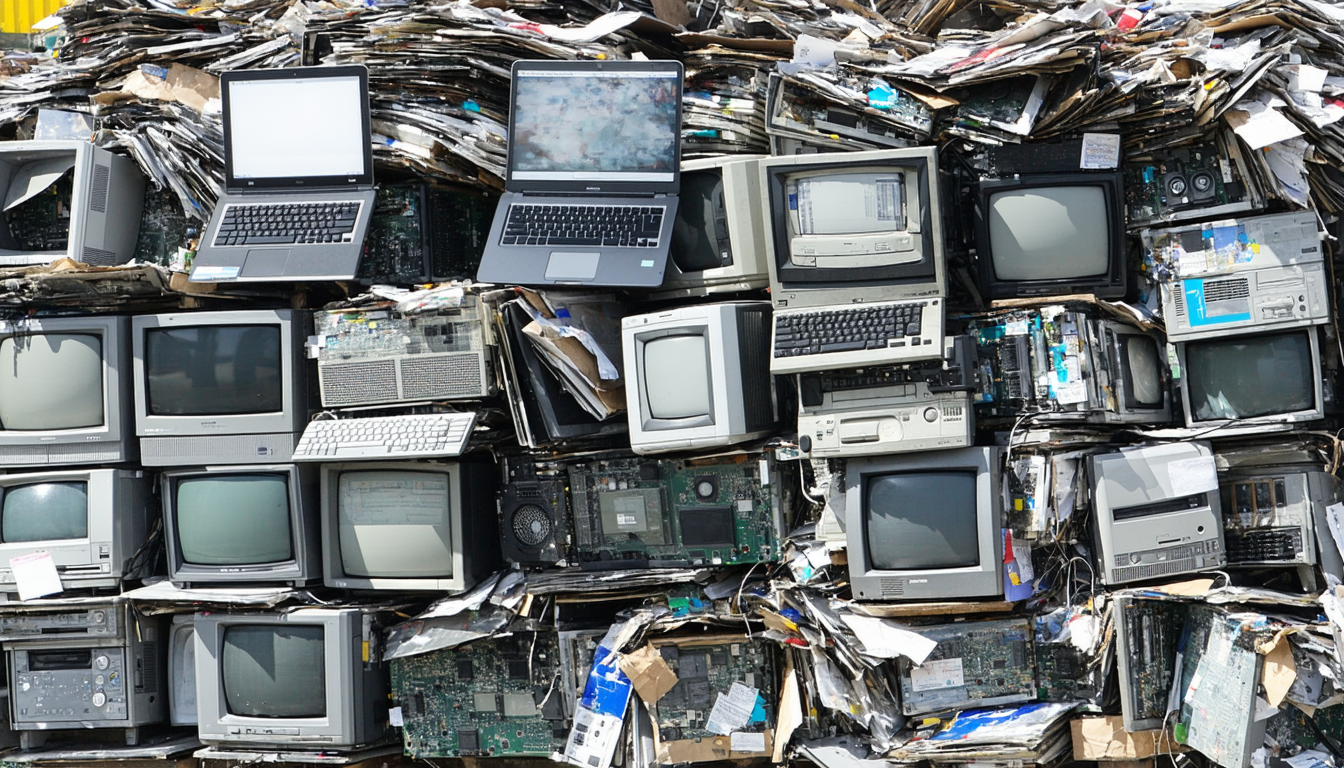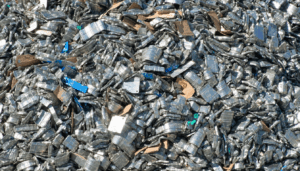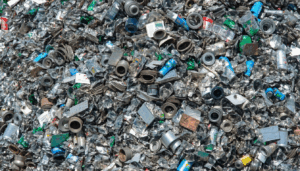In response to mounting electronic waste concerns, major U.S. cities are launching comprehensive computer recycling initiatives this summer, with New York, Chicago, and Los Angeles leading implementation efforts. Environmental Protection Agency officials announced yesterday that these programs aim to address the estimated 6.9 million tons of e-waste Americans generate annually, much of which contains toxic materials that pose significant environmental and health risks when improperly disposed.
New National Framework for Electronic Waste Management
The Biden administration has unveiled a coordinated approach to computer recycling that will standardize collection methods across participating municipalities. Starting July 15, residents in pilot cities will have access to designated drop-off centers where outdated computers, monitors, and related peripherals can be properly processed.
“This represents the most significant overhaul of our electronic waste infrastructure in decades,” said EPA Administrator Michael Regan during yesterday’s press conference. “By creating consistent standards and convenient access points, we’re removing barriers that have historically prevented Americans from recycling their electronic devices.”
The initiative comes after alarming studies revealed that less than 25% of discarded computers and electronic devices are properly recycled nationwide, with the remainder typically ending up in landfills where they leach harmful chemicals into soil and groundwater.
Corporate Partnerships Driving Innovation
Major technology companies have pledged support for the expanded recycling efforts, with Apple, Microsoft, and Dell announcing enhanced trade-in and recycling programs that will integrate with the new municipal systems.
“Responsible computer recycling isn’t just an environmental imperative—it’s a business opportunity,” explained Sarah Johnson, sustainability director at Dell Technologies. “The rare earth elements and precious metals recovered through proper recycling represent billions in potential recovered value while reducing the environmental impact of new manufacturing.”
These corporate partnerships will establish collection points at retail locations across participating cities, creating over 1,200 new convenient drop-off locations. Additionally, manufacturers have committed to designing more easily recyclable products moving forward.
Economic Benefits and Job Creation
The expanded computer recycling programs are projected to create approximately 4,500 new jobs nationwide in collection, processing, and materials recovery. These positions range from entry-level sorting roles to specialized technical positions requiring expertise in materials science and recovery techniques.
“We’re seeing the emergence of an entirely new sector within the green economy,” noted Dr. Marcus Williams, economist at the Environmental Resources Institute. “Computer recycling facilities are becoming sophisticated operations that require skilled workers and create meaningful employment opportunities in communities that have historically faced economic challenges.”
Economic analysis suggests the programs could generate up to $3.2 billion in recovered materials value annually once fully implemented across all major metropolitan areas.
Environmental Impact and Future Expansion
Environmental experts highlight that proper computer recycling significantly reduces the need for environmentally destructive mining operations that extract the rare earth elements and precious metals required for new device manufacturing.
“Every recycled computer means less mining, less energy consumption, and less pollution,” explained Dr. Elena Rodriguez, environmental scientist at Stanford University. “The carbon footprint reduction from comprehensive computer recycling could be equivalent to taking hundreds of thousands of cars off the road.”
Following the initial rollout in major cities, federal officials plan to expand the program to mid-sized cities by early 2026, with nationwide coverage expected by 2028. The initiative includes educational components designed to increase public awareness about the importance of proper electronic waste disposal.
As computer recycling becomes more accessible, officials anticipate participation rates will increase dramatically, potentially tripling the percentage of properly recycled electronic devices within five years.
FAQ: Computer Recycling
What items are accepted in the new recycling programs?
The programs accept desktop computers, laptops, tablets, monitors, keyboards, mice, printers, scanners, and most computer peripherals. Some locations also accept smartphones and other small electronic devices.
How can I ensure my data is secure when recycling my computer?
All participating recycling centers are required to offer secure data wiping services. Alternatively, consumers can use manufacturer-recommended data removal tools before dropping off devices.
Are there incentives for recycling old computers?
Many participating manufacturers offer trade-in credits toward new purchases. Additionally, some municipalities provide tax incentives for documented computer recycling.
What happens to recycled computers?
Devices are disassembled, with working components refurbished when possible. Remaining materials are separated for recovery of valuable metals and proper disposal of hazardous components.
How can businesses participate in computer recycling programs?
Businesses with large quantities of equipment can schedule bulk pickups through the program website or participate in corporate partnership programs offered by manufacturers.




